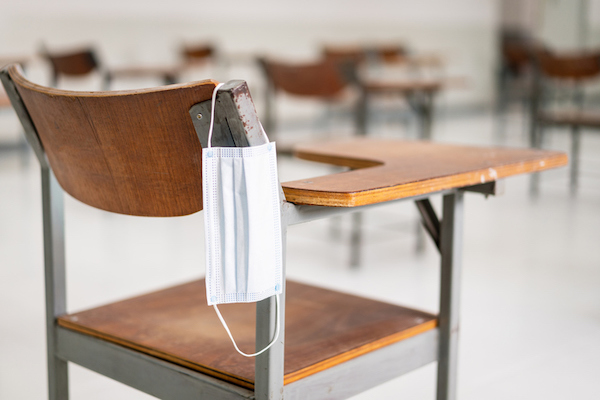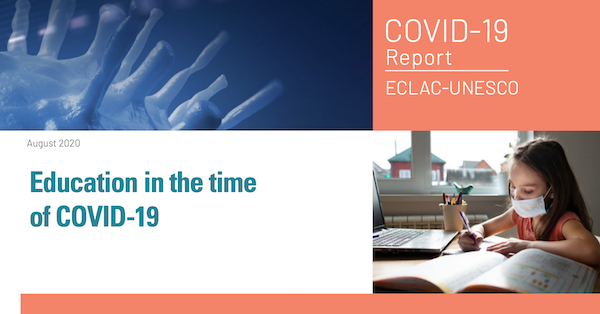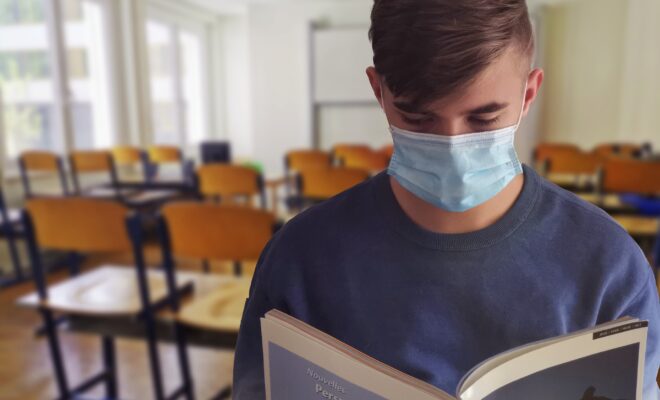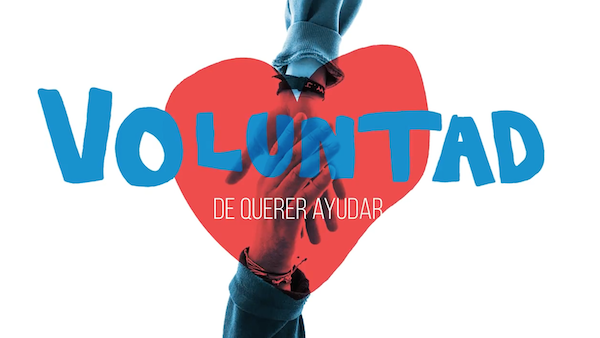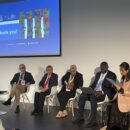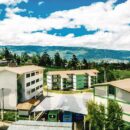Higher education is not a burden but a key piece to face the crisis: Francesc Pedró


Rector of the University of Colima, José Eduardo Hernández Nava.
On Thursday, September 10th, the director of UNESCO IESALC, Francesc Pedró, participated in the online conference «Towards the reopening: quality and equity as priorities in higher education», coordinated by the University of Colima (UCol), Mexico. The rector of the Mexican institution, José Eduardo Hernández Nava, gave the welcoming remarks, quoting the IESALC Report on COVID-19 and higher education: “We agree with what Stefania Giannini, UNESCO Assistant Director-General for Education, indicates, in the prologue of the IESALC Report: ‘No student should be left behind by this crisis.” I trust that this report will be decisive for all the interested in higher education to defend this principle and translate it into meaningful actions, and that this first contact will be the beginning of a relationship with UNESCO and with IESALC ”, said the rector .
The director of IESALC congratulated the university on its eightieth anniversary, at the same time he celebrated his first conference in a Mexican institution. “Mexico is a very important country for the region, strategically located between two models. The North American and European-inspired models that influence the work of public universities. I congratulate you on your anniversary. I hope this is the beginning of a path that we can walk together not only with Colima but with other institutions in Mexico,” said Pedró.
Nobody was prepared
The conference revolved around several ideas and recommendations to accompany governments in analyzing the effects and impacts of COVID-19 on higher education and how to prepare for the return to the classroom. As the IESALC report indicates, in the region and in the world no one was prepared to face a situation like this. “Almost six months have passed and we can say that most of the universities were activated demonstrating the resilience of higher education institutions (HEIs). Mexico, which is one of the best-connected countries, barely covers 50% of household Internet connectivity. However, almost 100% of people have a cell phone line”.
In this context, how are students living the pandemic? Although the feeling of social isolation in Ibero-America seems to be less than in the rest of the world, returning to the classroom is a social imperative, according to the director of IESALC.
There will probably be a loss of students, around 30%, with a return to the recovery of classes: the pandemic has not disappeared, so we will have to think of a scenario in W, of universities that open and close. The more vulnerable students are, the more likely they will not return to classrooms.
In Latin America there is a risk that this loss is greater in women than in men, a loss of gender that had been achieved in the past. On the other hand, small private universities are likely to close and we are certainly going to witness a percentage of dismissal of teachers.
All this points to a redefinition of teaching. We need from UNESCO to ensure that the university experience is a social and community experience. «The challenge is to build a discourse in which we insist that higher education is not a luxury, so as not to lose in social cohesion and to find mechanisms in this new crisis that is emerging,» he said.
The director of IESALC invited the more than 300 attendees to the online conference to analyze the experience as university students to be able to transform the teaching and learning experience at the moment of opening the classrooms. «We have an opportunity to transform provision, to exercise our role as Alma Mater, to care for the members of our community.»
Regarding this transition towards reopening, he recommended to plan the scenarios, considering what can involve returning to classrooms in small groups, as well as recovering learning with group and individualized assistance. The scenarios also have to recognize the differential effects of the crisis, which will require solutions and redesign the teaching experience, taking into account the different contexts.

Governor of Colima, José Ignacio Peralta Sánchez.
At the closure of the conference, the governor of Colima, José Ignacio Peralta Sánchez, invited the audience to prepare for the return to face-to-face education. “This presentation invites us to a reflection to prevent an educational crisis in Mexico, as well as in other parts of the world. I reiterate myself as an ally for the construction and development of our University”, he concluded.
RELATED ITEMS
